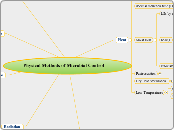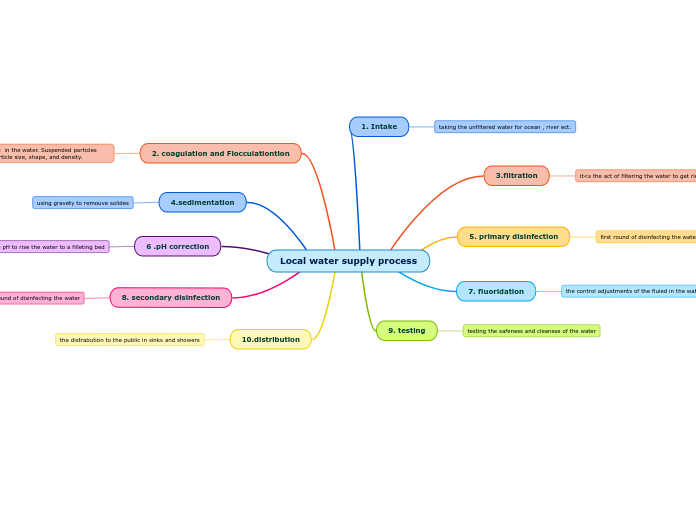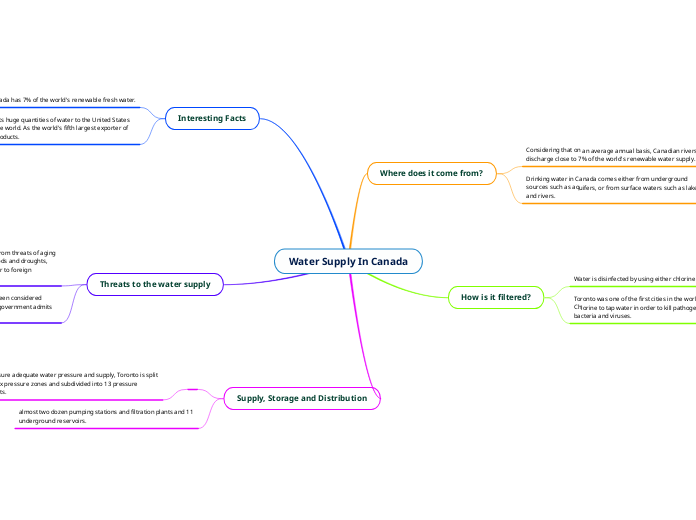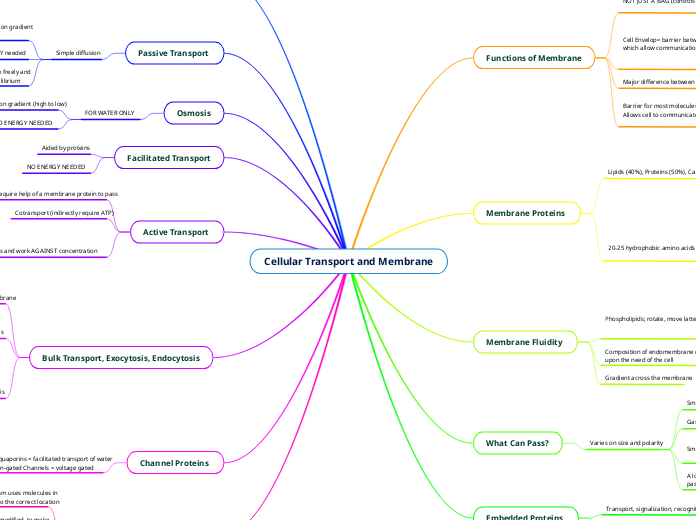Physical Methods of Microbial Control
Radiation
Microwaves
nonionizing radiation
Subtopic
UV light
Ionizing radiation
carries more energy than nonionizing
gamma rays, X rays, high energy electron beams
Osmotic Pressure
yeasts and molds can grow
preservation of food
hypertonic
use of high conc of salts or sugars
Desiccation
bacterial endospores resistant
viruses generally resistant
water removed...growth stops...water back...growth continues
High Pressure
preserves flavor, colors and nutrient values
endospores are resistant
Filtration
spirochetes can make it through filters because they are flexible
membrane filters...industrial and lab use
HEPA filters..operating theaters and burn victim rooms
used to sterilize heat-sensitive materials
Heat
Low Temperatures
slow freezing more harmful to bacteria
ordinary refrigeration has bacteriostatic effect
Dry Heat Sterilization
hot-air sterilization: 170C for at leat 2 hours
flaming: sterilizing inoculation loop
kills by oxidation effects
Pasteurization
equivalent treatments: as temp increases, less time is needed to kill same number
ultra-high temperature treatments: 140C...milk in boxes
high temperature short time : at least 72C for only 15 seconds
phosphatase test...phosphates inactive when pasteurized
less effective in foods that are more viscous
thermoduric pathogens survive process
Moist Heat
autoclave
industrial autoclaves = retorts
15 psi will kill all but prions and their endospores in about 15 mins
higher the pressure the higher the temp
steam under pressure
boiling
bacterial endospores can survive more than 20 hours
hepatitis can survive up to 30 mins
about 10 minutes
fungi and spores
all most all viruses
kills vegetative bacterial paths.
kills by coag of proteins...egg white frying
decimal reduction time (DRT): time, in mins, in which 90% of bacteria at a given temp will be killed
thermal death time (TDT): minimal length of time it takes for all mo to be killed at a given temp
thermal death point (TDP): lowest temp at which all mo in a particular liquid suspension will be killed in 10 minutes
kills by denaturing enzymes...changes 3D shape









